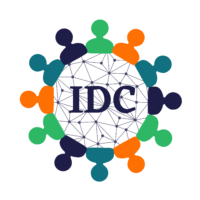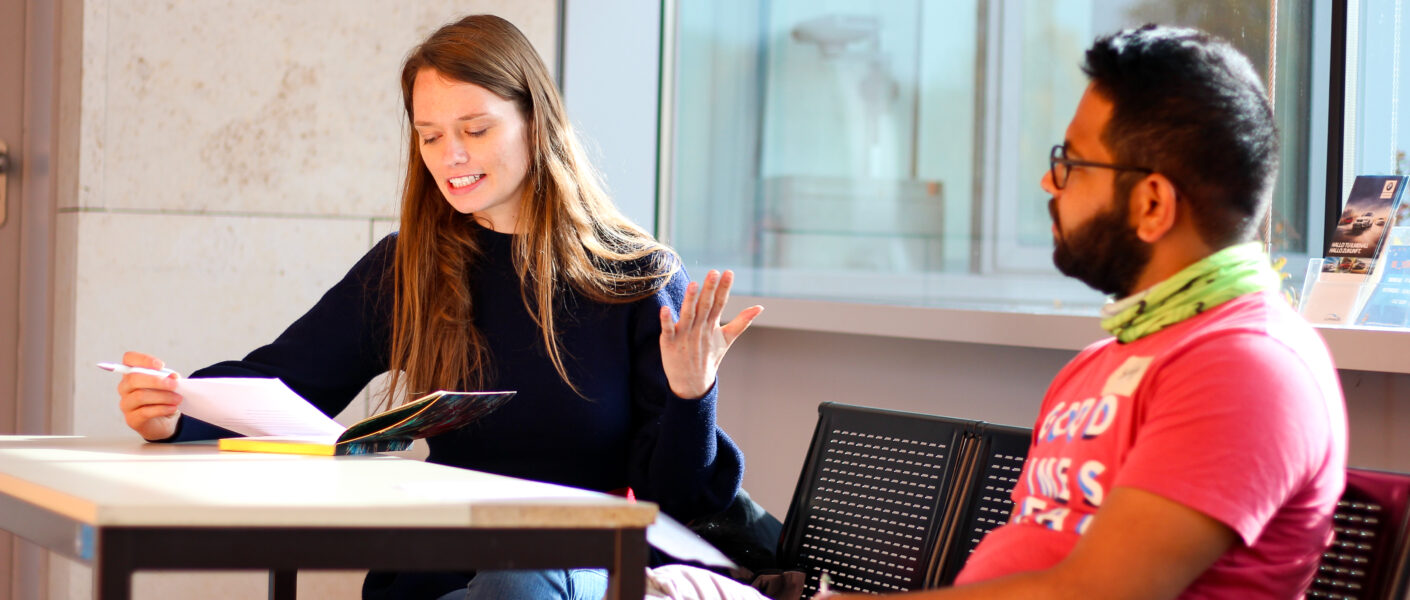“Dialogue is a conversation based on humility, respect and openness which allows us to learn about each other. “
Nansen Center for Peace and Dialogue

“Dialogue is an open communication process that aims to build or rebuild relationships between people as they share experiences, ideas and information about a common concern. It also aims to help groups to take in more information and perspectives than they previously had in order to get a new and broader understanding of a situation. This process happens through deep listening and asking open and not leading questions, instead of argumentative responses. This requires interest to learn more about others’ unique experiences, beliefs and thoughts. It requires humility to recognize that one person or group does not have the whole truth and that everything we experience is shaped by factors like age, class, religion, ethnicity, geography or gender. A dialogue offers an open space, where people can be honest about their similarities and differences and learn to live within an environment of disagreements. This learning process might expand people’s ability to act with empathy and care for others, even if they are perceived as outsiders. This behavioural change is the goal with dialogue and will over time influence the development in a society.” – As defined by the NCPD –
In a dialogue, participants shall set the ground rules for their dialogue together and are encouraged to take complete ownership over the conversation. Thus, dialogue sessions are facilitated rather than moderated. A facilitator is entrusted with the duty of creating the space for an open respectful group process. The facilitator does not participate in decision-making, but rather ensures that the contributions of all participants are taken into account and everyone feels safe to take part. Training to develop facilitation capabilities is provided by the Nansen Center for Peace and Dialogue.

